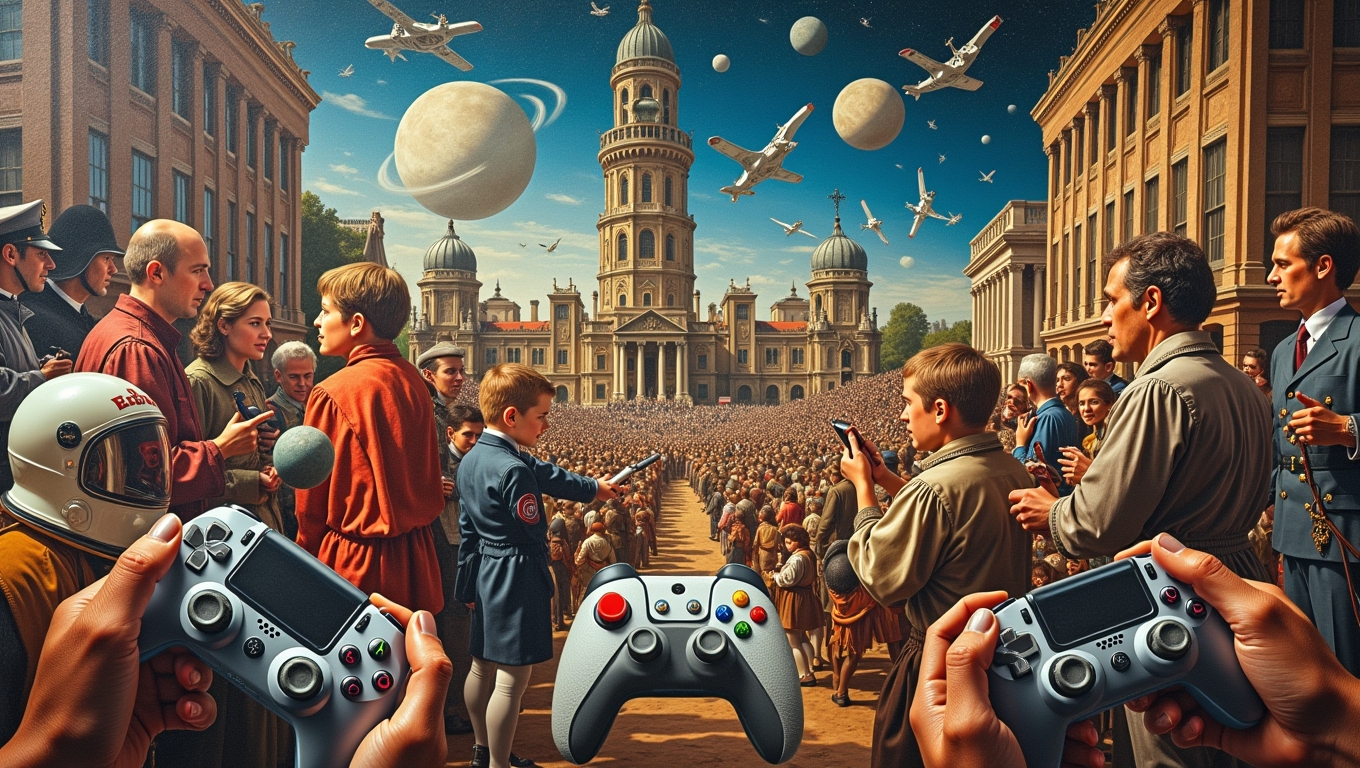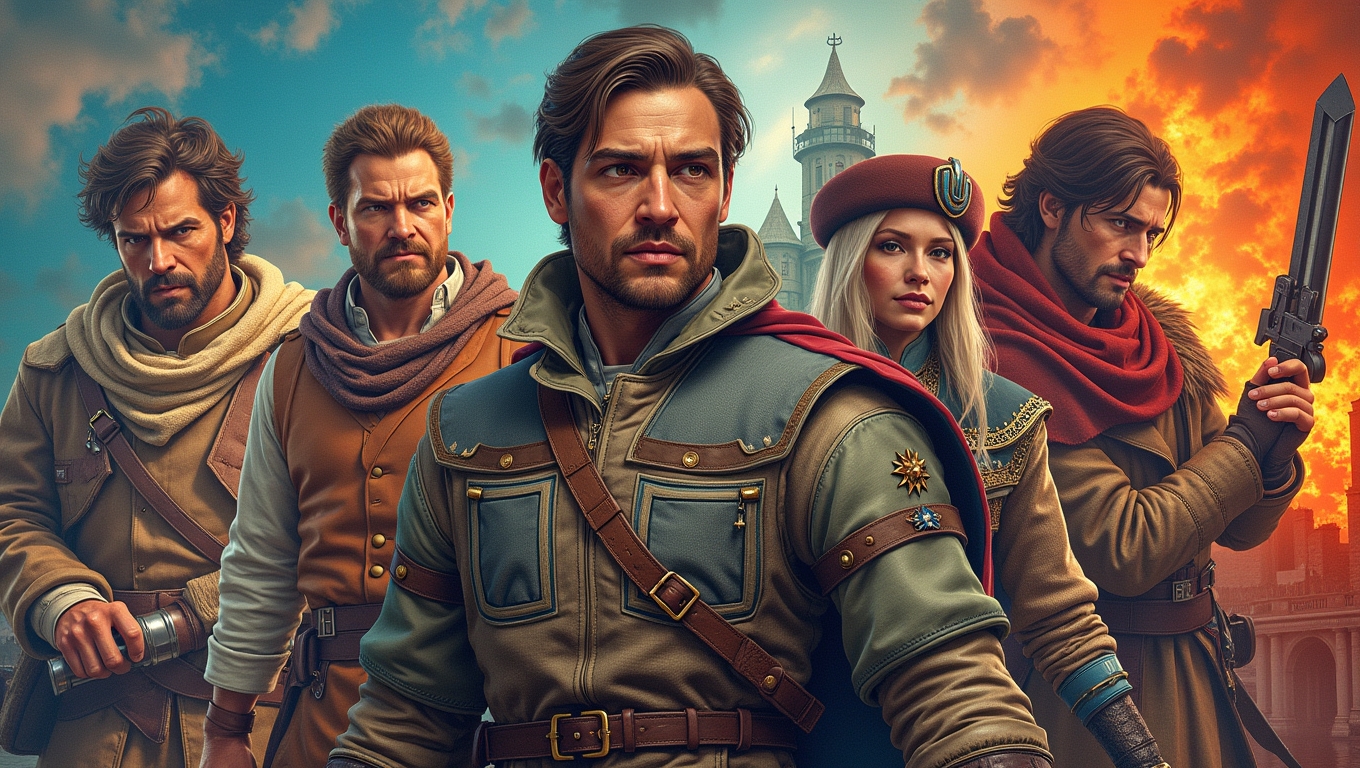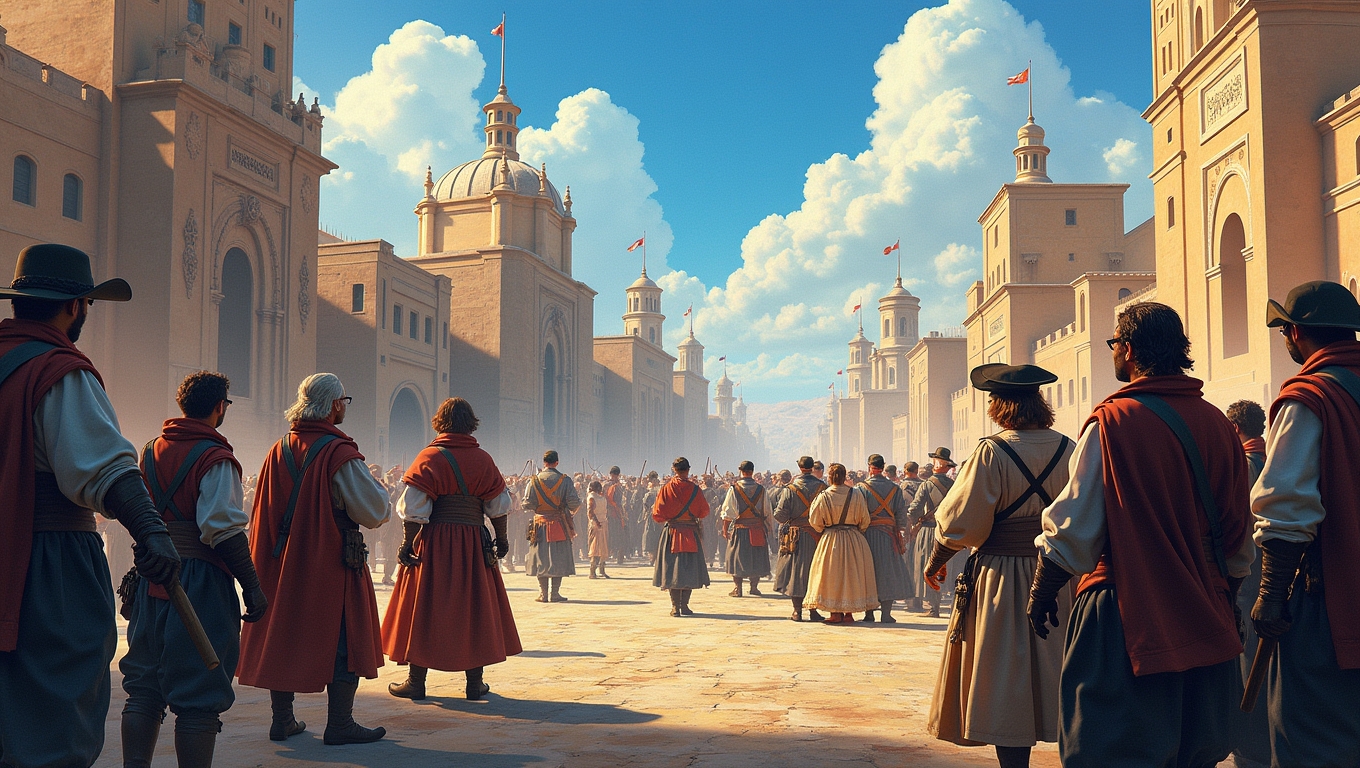In recent years, several titles have emerged that are truly games redefining historical narratives. These games invite players to experience history in a way that is both educational and entertaining, allowing for a deeper understanding of the complexities of past events. By blending storytelling with interactive gameplay, developers are reshaping how we perceive history.
Engaging Storytelling Techniques
One of the key elements of these games is their use of narrative techniques that engage players on a personal level. For example, the game “Assassin’s Creed Valhalla” allows players to step into the shoes of a Viking warrior during the Dark Ages. Through character-driven stories and rich world-building, players gain insights into Norse culture, politics, and the impact of Viking raids on England. This immersive experience is a prime example of games redefining historical narratives by giving players agency in shaping the story.
Another notable title is “Kingdom Come: Deliverance,” which focuses on historical accuracy and realism. Set in the Kingdom of Bohemia in the early 15th century, this role-playing game emphasizes authentic medieval life, from combat to social hierarchy. Players navigate a world grounded in real historical events, offering a unique perspective on the era’s challenges and societal norms.
Challenging Historical Perspectives
Games redefining historical narratives often challenge conventional perspectives on history. “This War of Mine” is a survival game set during the Siege of Sarajevo. It uniquely shifts the focus from soldiers to civilians, exploring the harsh realities and moral dilemmas faced by those caught in conflict. This approach encourages players to empathize with the human experience of war, which is often overlooked in traditional historical narratives.
Similarly, “Valiant Hearts: The Great War” tackles World War I from the viewpoint of individuals impacted by the war. Through its poignant storytelling and artistic style, it illustrates the emotional toll of the conflict, allowing players to connect with the characters on a deeper level. By highlighting personal stories rather than just battles, this game redefines how we understand historical events.
The Role of Player Choice
The mechanics of player choice also play a significant role in games redefining historical narratives. Titles like “The Witcher 3: Wild Hunt” incorporate historical elements within a fantasy setting, allowing players to make choices that reflect moral dilemmas rooted in real-world history. This blend of fiction and history encourages players to consider the consequences of their actions, fostering a more profound engagement with the narrative.
In conclusion, games redefining historical narratives are reshaping our understanding of the past. By utilizing engaging storytelling techniques, challenging historical perspectives, and emphasizing player choice, these games create immersive experiences that encourage players to think critically about history. As the gaming industry continues to evolve, we can expect even more innovative titles that push the boundaries of how we interact with historical narratives.
Some content and/or images on this page were created using AI.





